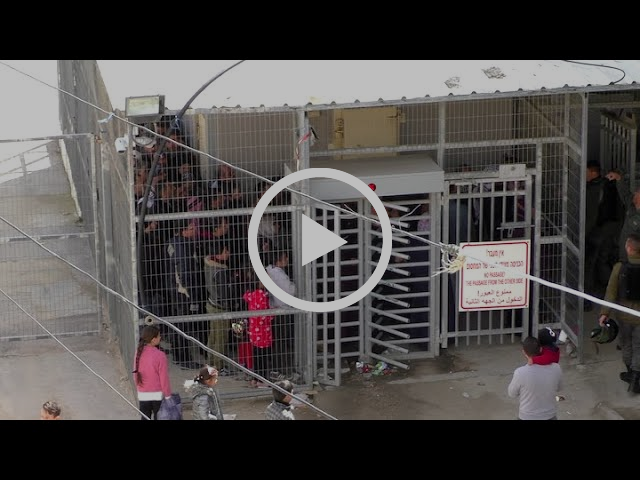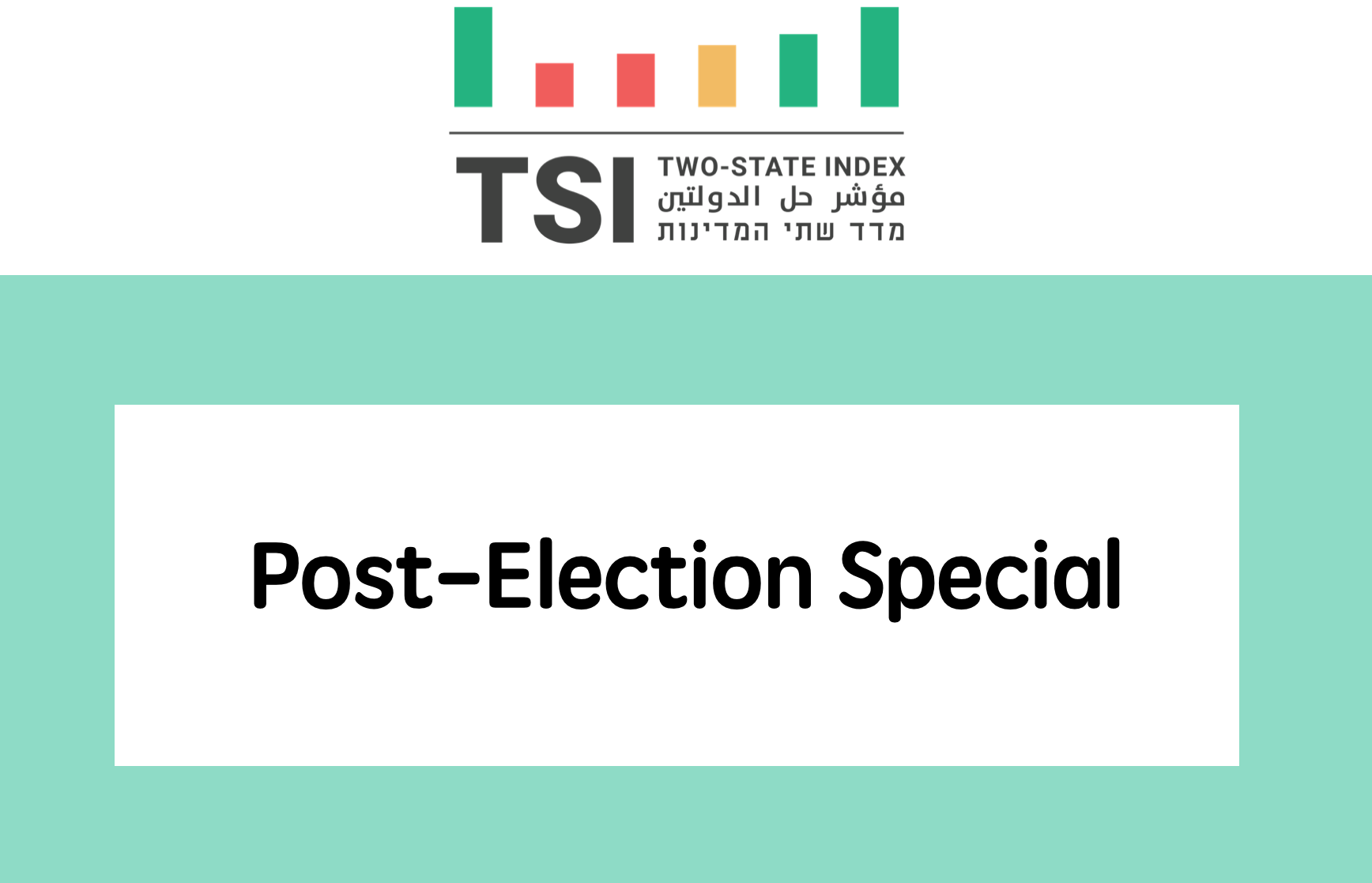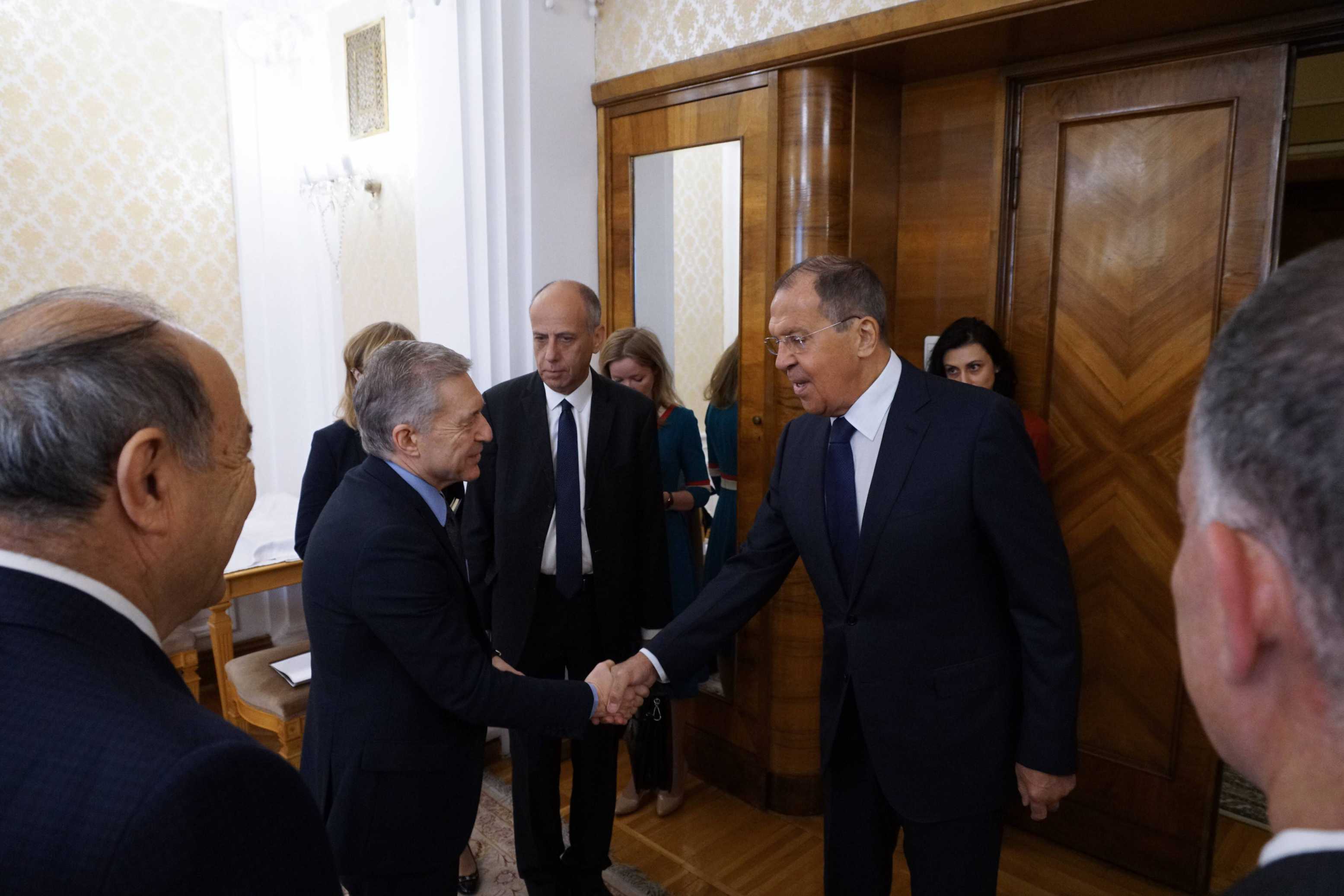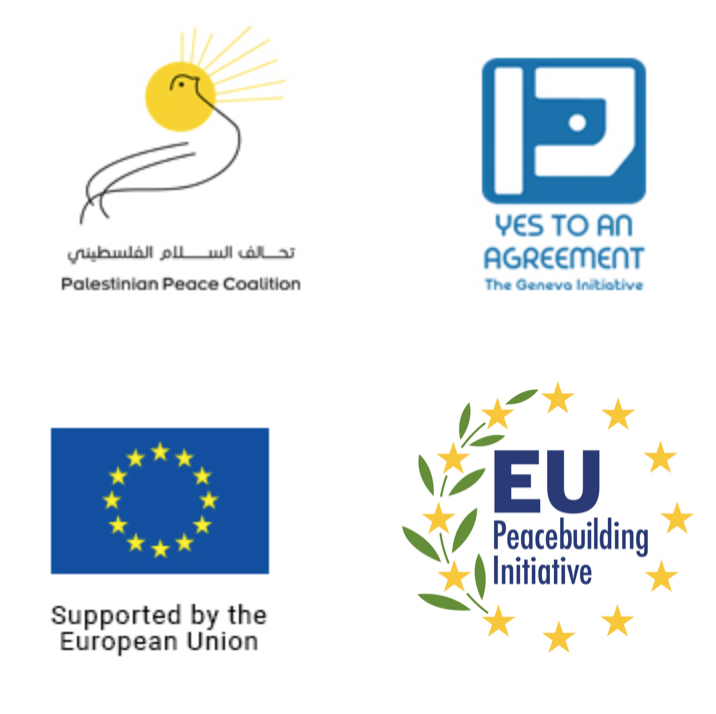Featuring an analysis by Dr. Yossi Beilin on the impact of the election results on the peace process
|
|
|
|
In the wake of elections in Israel, we still don't know what kind of government will be set up and what its policies will be regarding the Israeli-Palestinian issue. However, we know what will not happen. There will not be a government coalition of the right and extreme right like the one that has been in place these past years; there will not be unilateral annexation of territories; and the settlers' leaders will not be in positions of power that determine foreign policy and security.
The increase in the number of mandates that the left-leaning parties received (the Joint List grew by 30%, while Labor and Meretz together rose by 10%), may even increase the likelihood of making the voice that supports the two-state solution louder than before. There is no surety that the new government will prioritize advancement of the peace process with the Palestinians, but it is apparent that a new political and public reality has been created which will allow for a discussion about the need for such a process, in a departure from recent trends.
The new reality is also likely to allow for more interest and involvement from actors in the international community, as the heads of the Geneva Initiative learned in their meeting last Thursday in Moscow with the Russian Foreign Minister, Sergey Lavrov. If new Israeli leadership is established, it is possible that Palestinian leadership will also need to reconsider its approach to the peace process.
For the diplomatic options following the elections, see the article below by Dr. Yossi Beilin, head of the Geneva Initiative on the Israeli side and former Minister of Justice and member of the Israeli cabinet.
|
|
|
|
Yossi Beilin and the heads of the Geneva Initiative meet Russia's Foreign Minister Sergey Lavrov in Moscow, 19th September 2019
|
|
|
|
And Now: Setting Israel’s Eastern Border
Yossi Beilin
The area of governance that calls for the greatest change in the event that “Blue and White” heads the government for at least the first half of the tenure, and perhaps for its entirety, is that of the conflict. In 1996, with the election of Benjamin Netanyahu as Prime Minister, the Oslo process largely came to a stop and the expected date for a final status agreement (May 4, 1999) disappeared without anyone paying much attention. In 1999 Ehud Barak entered the Prime Minister’s office in full diplomatic swing, attempted to come to a final status agreement with the PLO, and held talks with the Syrian foreign minister on peace with Syria and withdrawal from Lebanon. Two years later, Ariel Sharon was chosen to fill the most important position in Israel; he ended talks with the Palestinians and Syrians and decided to withdraw from the Gaza Strip without trying to do so as part of an understanding between himself and the new Palestinian President, Mahmoud Abbas. Ehud Olmert, towards the end of 2005, first as interim and then as elected Prime Minister, renewed talks with the PLO and the Syrians but never finished his work, while Netanyahu, who replaced him in 2009, continued settlement acceleration and made an effort – successful, from his perspective – to achieve American recognition of Jerusalem as the capital of Israel, move the American embassy to Jerusalem, and attain recognition of the annexation of the Golan Heights. His goal was to prove that there is no need for peace with the Palestinians and the concessions that come with it, since with the help of the friends in America, and of the Arab states that oppose Iran, it is possible to achieve all of our diplomatic goals.
The most pressing issue, at the moment, is to stop Netanyahu’s push for annexation (he promised to annex the Jordan Valley in violation of the Interim Agreement of 1995 as well as the territories in the West Bank with settlements), to stop the demolition of houses outside of territory that Israel has civil and military administrative power over (Area C), and to allow Palestinians to build housing units and industrial structures in Area C. It is important to increase the number of work permits into Israel for Palestinians from the West Bank and from Gaza, and to transfer the tax money of Palestinians to the Palestinian Authority without any conditions (whether there is a need to legislate this or not).
But in parallel to steps that ease the daily life of Palestinians, it is also crucial to treat the roots of the problem and to renew negotiations with President Abbas. Abbas, who was afraid to reenter discussions without preconditions because he understood that Netanyahu uses these discussions to create a façade of diplomatic advancement while continuing to do as he likes in the occupied territories, needs for his part to offer Gantz talks without preconditions. These discussions can start from the point where they were broken off, i.e. April 2014.
There is no reason to begin the entire peace process from scratch. The Geneva Initiative can save a great deal of time when it comes to solving essential and technical issues. The demographic clock is ticking. There are already more Palestinians than Jewish Israelis west of Jordan. The danger of an apartheid state is getting stronger; it will be realized the moment Palestinians demand the right to be elected to the Knesset and Israel refuses, while at the same time rejecting the creation of a Palestinian state where their rights can be actualized.
If Gantz and his government also conclude that the demands of the Palestinians are too far from what they are willing to concede, it is likely that they will not remain inactive but will prefer to pursue a unilateral process of separation. However, this move must only come after they have exhausted attempts at a bilateral agreement. The goal of the next government, one way or another, must be the establishment of an eastern border for Israel.
|
|
|
|
The Two-State Index (TSI) is brought to you by the Geneva Initiative, a Palestinian-Israeli organization working to promote a negotiated peace agreement in the spirit of the two-state vision. The TSI is produced by an Israeli-Palestinian team, and reflects a unique bilateral perspective.
|
|
|
|
Think we missed something this month? Send us tips and comments here.
|
|
|
|
This publication was produced with the financial support of the European Union. Its contents are the sole responsibility of the Geneva Initiative’s Two-State Index (TSI) editorial team and do not necessarily reflect the views of the European Union.
|
|
|
|
|
|
|




Keine Kommentare:
Kommentar veröffentlichen